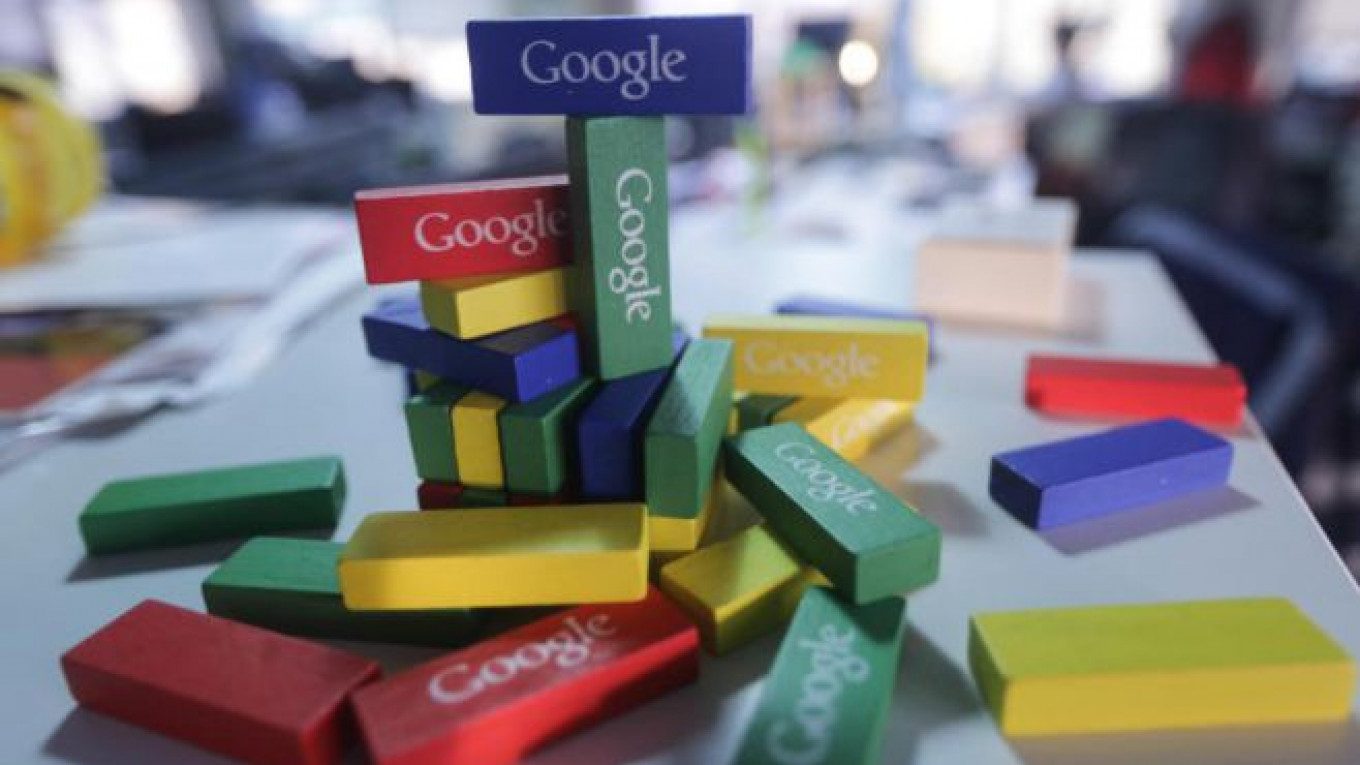Russian prosecutors have demanded that the country's media watchdog block access to sections of Apple's App Store and Google Play that allow Russian users to download the works of Adolf Hitler and Islamic writer Sa'id bin Ali bin Wahf Al-Qahtani, the Izvestia newspaper reported Thursday.
The move follows months of bluster by the watchdog, Roskomnadzor, over the hawking of "extremist" material to Russians by foreign Internet companies. But this time the threat is backed both by requests from the Prosecutor General's Office and a court decision that requires Roskomnadzor to act, Izvestia said.
If implemented, the blockages would be the first time Russian authorities have restricted access to the App Store and Google play platforms, the report said.
A decision by the Stavropolsky region court came into force May 20 which banned the circulation of two tomes of Al-Qahtani's "Hisnul Muslim" (Fortress of the Muslim) in Russia. Hitler's manifesto "Mein Kampf" has already been banned in Russia.
"The appearance of this content on popular Internet stores is barbarity," Izvestia quoted Roskomnadzor spokesman Vadim Ampelonsky as saying.
The watchdog appeared Thursday to be seeking a peaceful resolution. Ampelonsky told the BBC's Russian service that Roskomnadzor had sent Apple and Google letters asking them to remove the literature to avoid being blocked.
"They still have time to delete the content," he said. ?
Earlier this week Izvestia reported that Roskomnadzor had threatened Google, Facebook and Twitter with fines and bans unless the companies comply with Moscow's demands to block content it deems extremist and to share information about online traffic on individual pages.
Correction: An earlier version of this article said the Stavropolsky region court banned circulation of Adolf Hitler's "Mein Kampf" and Al-Qahtani's "Hisnul Muslim." In fact, the court outlawed only Al-Qahtani's works. "Mein Kampf" had already been banned.
A Message from The Moscow Times:
Dear readers,
We are facing unprecedented challenges. Russia's Prosecutor General's Office has designated The Moscow Times as an "undesirable" organization, criminalizing our work and putting our staff at risk of prosecution. This follows our earlier unjust labeling as a "foreign agent."
These actions are direct attempts to silence independent journalism in Russia. The authorities claim our work "discredits the decisions of the Russian leadership." We see things differently: we strive to provide accurate, unbiased reporting on Russia.
We, the journalists of The Moscow Times, refuse to be silenced. But to continue our work, we need your help.
Your support, no matter how small, makes a world of difference. If you can, please support us monthly starting from just $2. It's quick to set up, and every contribution makes a significant impact.
By supporting The Moscow Times, you're defending open, independent journalism in the face of repression. Thank you for standing with us.
Remind me later.


